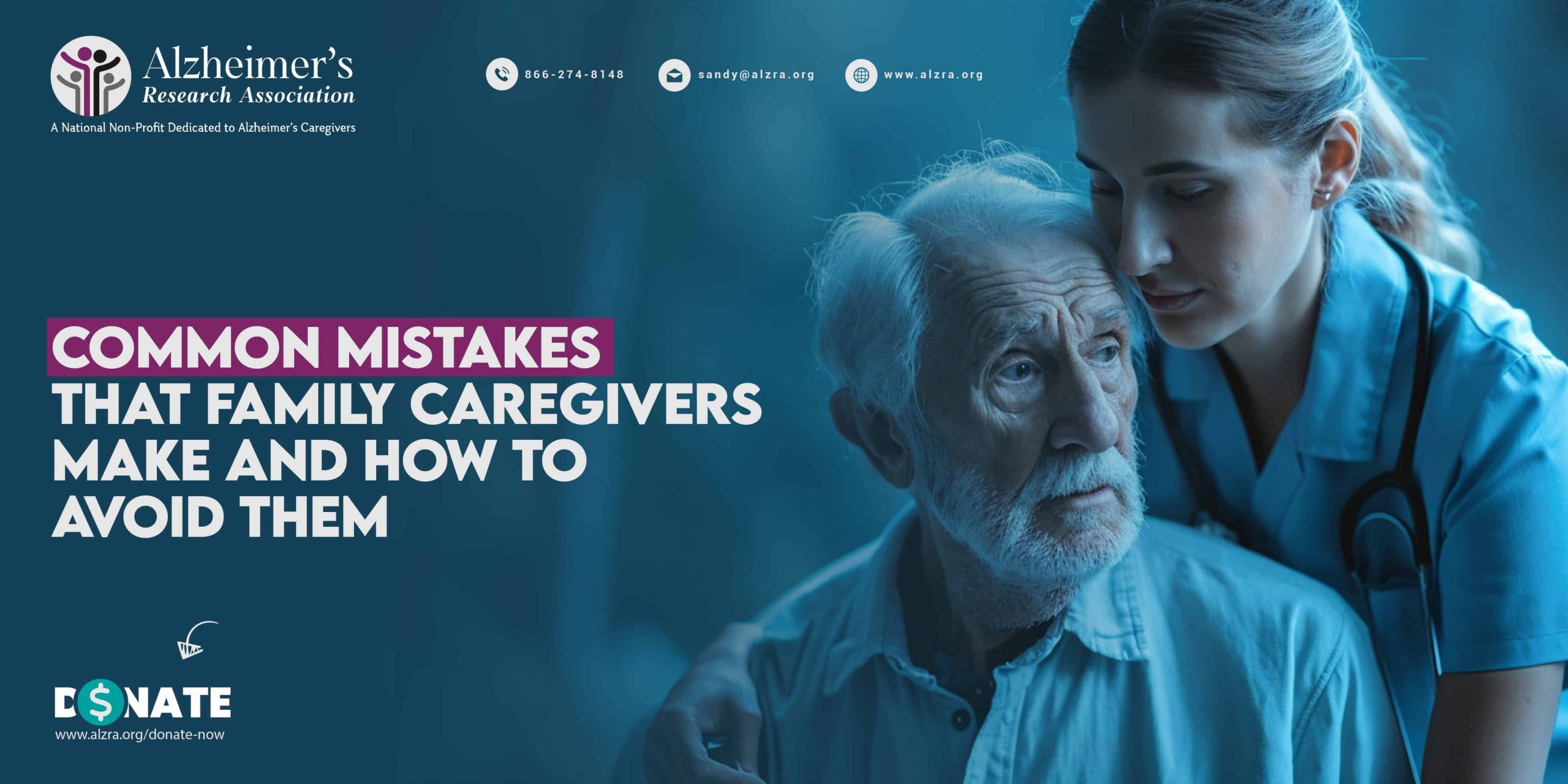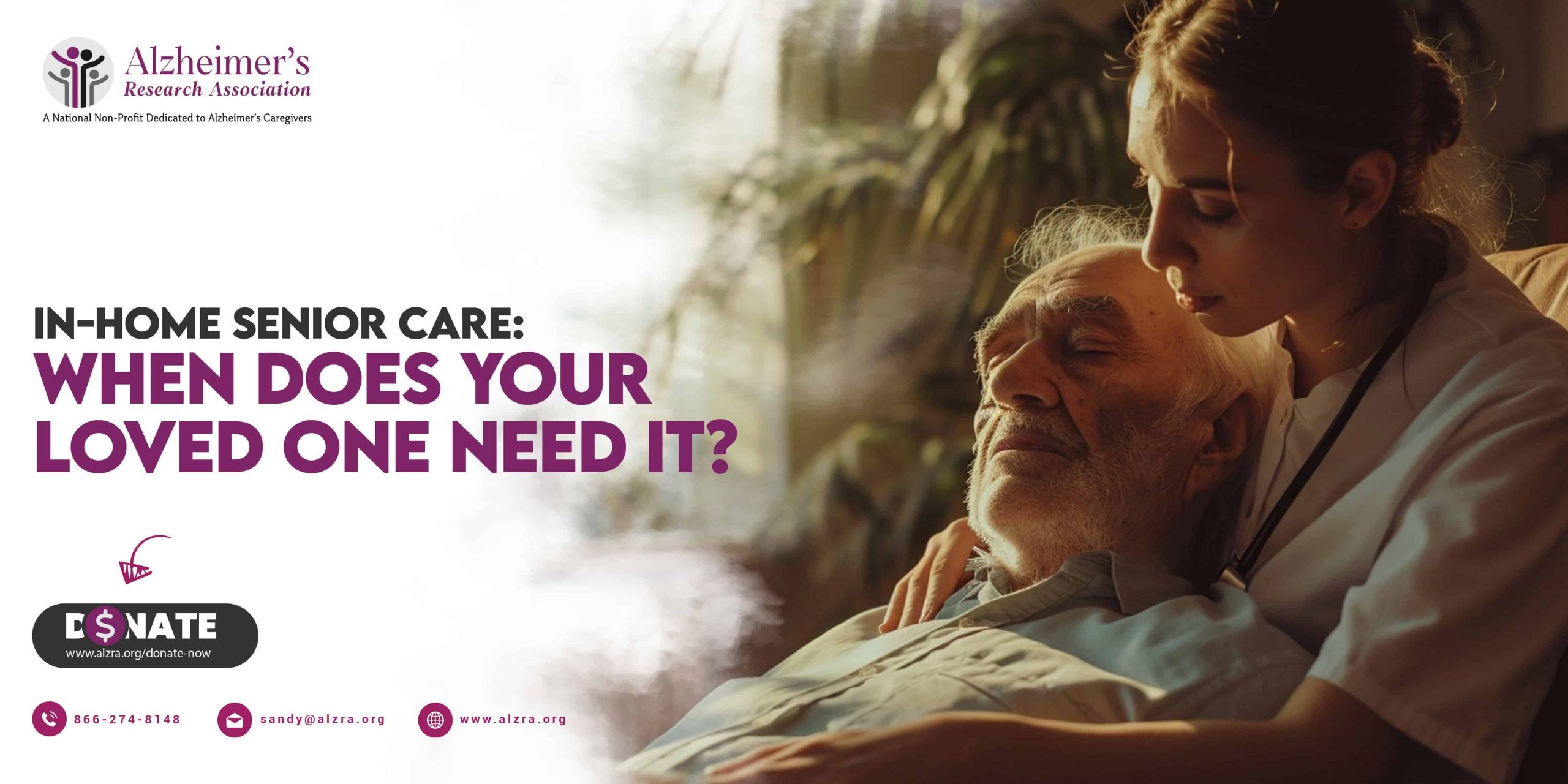Caring for an aging loved one can be one of the most meaningful roles we take on in life, yet it can also be among the most challenging. Family caregivers may unintentionally make mistakes that increase stress and affect both their own well-being and that of the person they are caring for.
Providing care for an aging parent, spouse, or family member is an experience rooted in compassion and commitment. It is a meaningful responsibility, but also one that can present emotional and physical challenges. Most family caregivers step into this role with little preparation, learning as they go, and doing their best to ensure the comfort and well-being of the person they care for.
However, even the most dedicated caregivers can unintentionally adopt habits or overlook key needs that may complicate the caregiving journey. Recognizing these common missteps not only supports the senior receiving care but also protects the caregiver’s own health and stability.
This article explores common mistakes caregivers of senior loved ones make and how to avoid them.
Common Caregiving Mistakes
Here are some common mistakes to avoid when caring for an elderly loved one.
-
Poor Planning for the Caregiving Task
Many family caregivers start their journey in response to a sudden health decline or unexpected hospitalization. Without a clear plan, responsibilities can quickly become overwhelming, and critical decisions may be made under stress, leading to confusion, inefficiencies, or missed opportunities for support.
How to avoid it: Learn everything there is to know about the needs of your elderly loved one. Establish a comprehensive care plan that includes daily routines, medication schedules, emergency contact information, and long-term arrangements. Maintaining a daily schedule can help you sleep better, feel more secure, and experience less stress. Planning ahead ensures continuity of care and allows both the senior and the caregiver to feel more secure and prepared for the future.
-
Thinking You Can Do Everything Yourself
Many caregivers mistakenly believe they are responsible for all aspects of caregiving simply because they have taken on the duty of caring for a loved one. They try to handle everything themselves. Attempting to do everything on your own might result in stress, burnout, and even physical or mental fatigue. It is simply unrealistic to manage a loved one’s personal, social, and financial needs while providing round-the-clock care and balancing your own responsibilities.
How to avoid it: Remember, nobody is capable of doing everything. Seeking the support of friends, relatives, or even outside professionals might be helpful if your senior loved one needs assistance with routine tasks or errands. Consider seeking help with caregiving tasks, such as household chores, personal care support, or arranging transportation.
-
Neglecting Your Health
While caring for a loved one is rewarding and essential, it can also be emotionally and physically exhausting. Caregivers often prioritize their loved ones’ needs, neglecting their own physical and mental health. Skipping medical appointments, losing sleep, and ignoring stress can lead to burnout and reduced quality of care. Remember, prioritizing regular checkups, self-care, and personal time is essential, not selfish, because a healthier caregiver can provide safer and more consistent support.
How to avoid it: Even the most devoted caregivers require rest. It is easier to handle the mental and physical strain of caring for someone else when you are in good health. Don’t forget to take a break and give yourself adequate time to relax. Consider respite care for your loved one when you need a much-needed break, whether you’re spending the weekend at home relaxing or taking a vacation.
-
Ignoring Your Social Needs
Caregiving responsibilities can gradually limit personal connections and social activities, leaving caregivers feeling isolated or emotionally drained. Maintaining connections, engaging in hobbies, and participating in communal life are essential for emotional resilience. It also allows you to interact and connect with people in a more meaningful way than simply carrying out caregiving duties. Sadly, a lot of caregivers become so engrossed in the day-to-day activities of caring for a loved one that they neglect their own social lives, which can result in despair and loneliness.
How to avoid it: Staying socially engaged promotes overall well-being and enables caregivers to continue giving compassionate and attentive care. For any senior caregiver, social activities, such as attending a religious service or going out with friends, can have a significant impact on their well-being.
-
Not Thinking about the Long Term
Your senior loved one will probably need more care over time. When care demands change, compassionate caregivers frequently reassure the person they care for by making promises about the future that are impossible to fulfill. The duties of a caretaker can get more complicated over the course of several years.
How to avoid it: Think about how much and for how long you can realistically do on a physical, emotional, and financial level. Be ready for the most likely scenarios, such as the long-term cost of 24-hour in-home nursing care.
-
Neglecting the Financial Aspects of Caregiving
Caregiving can involve significant costs, including medical treatment, home modifications, transportation, and time away from work. Families that do not anticipate or track their financial responsibilities may experience stress or struggle to maintain essential long-term care.
How to avoid it: Review expenses early, explore financial assistance programs, and consult with financial or legal professionals when needed. Creating a realistic budget and understanding available benefits can help ensure that care remains both affordable and sustainable. Discuss the costs of care and medical treatment with your parents before they actually need it. This financial conversation should involve completing the necessary paperwork, such as obtaining passwords and access to their bank accounts. If they do not have a plan, it is time to help them develop one.
-
Forgetting About Your Elderly Loved One’s Needs
When caregivers become focused on practical tasks such as managing medications, scheduling appointments, or assisting with daily activities, it can be easy to unintentionally overlook the deeper emotional, social, and cognitive needs of their elderly loved one. Seniors may begin to feel isolated, undervalued, or disconnected when their preferences, interests, and personal routines are no longer acknowledged. Over time, this lack of engagement can contribute to declining mental health, reduced independence, and a diminished sense of purpose.
How to avoid it: Make space for meaningful interactions and thoughtful participation in daily life. Encourage activities that stimulate their mind and reflect their interests, such as music, puzzles, or gentle exercise. Support social connections with family, friends, or community groups, and involve them in decision-making whenever appropriate. By recognizing their individuality and maintaining a person-first approach, caregivers can help their loved ones feel respected, valued, and emotionally fulfilled.
Donate Today to Support Alzheimer’s Family Caregivers!
Caregiving is a demanding task that often leaves the caregivers physically, emotionally, and financially unstable. The least we can do is to try to alleviate some of their burden by supporting them via donations.
November is National Family Caregivers Month! Let’s honor the dedication and sacrifices of the Alzheimer’s family caregivers who devote their lives and resources to caring for their loved ones! Don’t forget to support them, which you can do by acknowledging their hard work and donating as much as possible: https://www.alzra.org/donate-now/
References
- Six Mistakes to Avoid When Caring for a Senior Loved One. Sunnyside Manor. https://www.sunnysidemanornj.com/2018/10/11/six-mistakes-to-avoid-when-caring-for-a-senior-loved-one/. Accessed: 5th November, 2025.
- Aged Care – 4 Mistakes Any Senior Caregiver Must Avoid. Vigil Training College. https://vigiltrainingcollege.nsw.edu.au/aged-care-4-mistakes-any-senior-caregiver-must-avoid/. Published Online: 21st February, 2023. Accessed: 5th November, 2025.
- 5 Mistakes Professional Caregivers Make with Senior Care and How to Avoid. Arista Home Care Solutions. https://aristahc.com/mistakes-professional-caregivers-make/. Accessed: 5th November, 2025.


